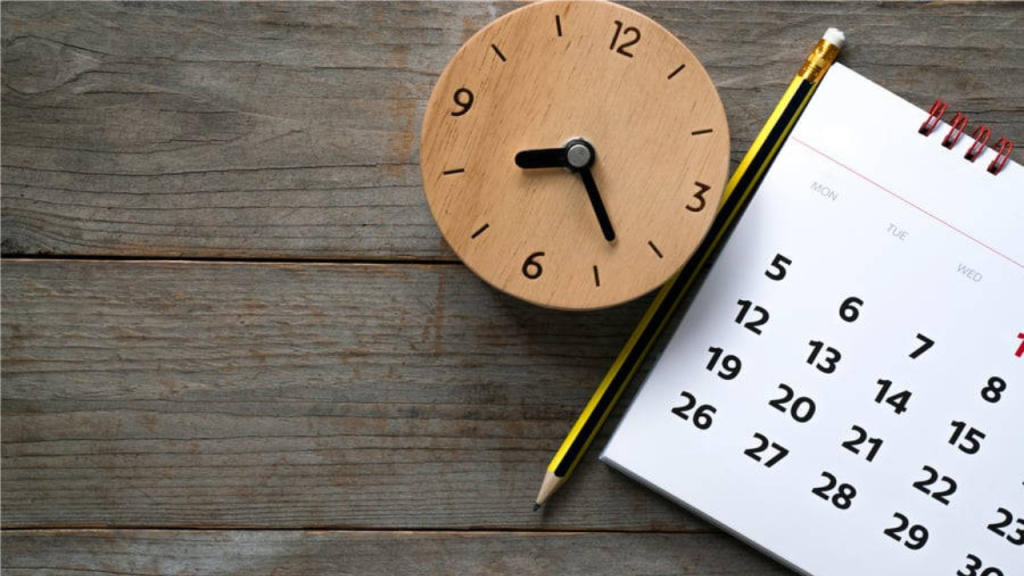As the days grow shorter, New York is approaching a significant event that will affect daily life for many residents. On Sunday, November 3rd, clocks will be turned back an hour, marking the end of Daylight Savings Time.
While many may look forward to the extra hour of sleep, this change brings about more challenges than benefits, especially in terms of safety and well-being.
Why Does It Get More Dangerous After the Clocks Change?
You might not think much about it, but turning the clocks back can increase the risks for New Yorkers in several ways. According to experts, the daylight shift can affect everything from driving safety to our health.
The sudden change to darker evenings means drivers are faced with reduced visibility during peak travel hours, which can lead to more accidents on the road.
Additionally, the loss of daylight has been linked to health issues. Studies have shown that the time change can disrupt sleep patterns, leading to more cases of drowsy driving and workplace accidents. But the problems don’t stop there.
Health Risks and Mood Changes

The impact on health can be more severe than you might expect. When the clocks go back, there is an increase in heart attacks, strokes, and other serious health conditions. The reason?
Our body clocks take time to adjust to the sudden shift, which can strain the heart and other bodily systems. People who are already at risk for health issues may find that this time change worsens their condition.
Another significant problem is the effect on mental health. The shorter daylight hours can lead to mood swings, depression, and even feelings of sadness. Known as Seasonal Affective Disorder (SAD), this condition often kicks in after the clocks go back when the darker days become the norm.
Sleep Disruption and Its Consequences
Turning the clocks back might give us an “extra hour of sleep,” but in reality, it can throw off our sleep schedule.
This disruption makes it harder to fall asleep and stay asleep at night, which can lead to fatigue during the day. Fatigue, in turn, contributes to drowsy driving and workplace accidents, both of which become more common after the time change.
Moreover, our internal body clocks struggle to keep up with the new schedule, and it can take weeks for some people to fully adjust. In the meantime, the risk of accidents and health issues remains high.
Related News: Developers Bet Big on Yonkers: Thousands of Homes Set to Transform the City!
Is It Time to End Daylight Savings?
For years, there has been debate over whether Daylight Savings should be abolished altogether. Many states have considered ending the practice due to its negative impact on health and safety.
However, for now, New Yorkers will need to brace themselves for the annual ritual of turning the clocks back and all the challenges that come with it.
While the extra hour of sleep might seem appealing, the dangers it brings to our roads, health, and mental well-being make it clear that the cost is far higher than the benefit.
Eliot Pierce is a dedicated writer for ChiefsFocus.com, covering local crime and finance news. With a keen eye for detail and a passion for storytelling, Eliot aims to provide his readers with clear and insightful analysis, helping them navigate the complexities of their financial lives while staying informed about important local events. His commitment to delivering accurate and engaging content makes him a valuable resource for the community.